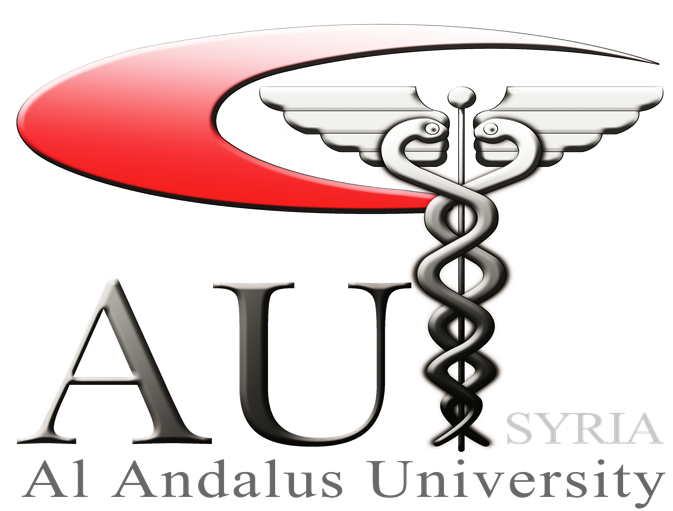A Workshop on the Development of the Arabic Language Curriculum at Al Andalus University Faculties
Under the auspices of Prof. Dr. Mhd Amer Al Mardini, University President, and as part of the activities of the Basic Sciences Development Program at Al Andalus University, a workshop was held in the Scientific Research Committee on Saturday 7-1-2023 to develop the Arabic Language curriculum in the university faculties.
Prof. Dr. Mohammad Yahya Moualla, Chairman of the Scientific Accreditation Committee, gave an opening speech in which he welcomed the attendees, and stated that the aim of the workshop is to develop the Arabic Language curriculum for non-specialists at the university; to upgrade it to suit the era of informatics, and the needs of university studens in their educational attainment; to avoid redundancy and repetition; and to limit the curriculum to what serves university graduates in the job market.
Prof. Dr. Mhd Amer Al Mardini, University President, pointed out the necessity of not limiting Arabic Language instruction to teaching grammar; Prof. Al Mardini refuted this teaching method and focalized the extent of its harm to the learners and the teaching of the course. He also stressed the need to move from indoctrination to mastery in teaching languages, as teaching languages in our current era has become a skill.
Then Dr. Fayrouz Al-Mousa, course coordinator, talked about the status of the Arabic language, which is one of the most important living languages in our world today. God has increased its honor when the Holy Quran was revealed with it. Studies have confirmed that the Arabic language is one of the richest languages in terms of styles, expressions, synonyms, sounds and syllables, but this language has been subjected to fierce attacks through the ages from the enemies of Arabs and Muslims. She also referred to the pioneering role of Syria in two areas, the Arabization of education, and the teaching of Arabic to non-specialists.
Then Dr. Kesra Zuhairi addressed the topic of “The Arabic Language Course in Public Universities: Between Reality and Aspirations”; he talked about when the Arabic langauge course in national universities was taught in all years with the aim of enabling the student to use the language- in terms of vocabularies and structures- in expression, academic achievement and translation. The goal behind this teaching methodology was achieved because students were receiving their specialized sciences in the Arabic language. Then Dr. Zuhairi talked about the modification that occurred later in the study plan, as the course was taught in the first or second year and for one semester only, which made the course lose its soul and reduced the chances of achieving its desired goal.
Dr. Maher Issa Habib presented the topic "Experiences of National and Private Universities in Teaching Arabic to Non-Specialists". He dealt with the issue of language acquisition, as it is a general human phenomenon for all human beings; language acquisition is perceived as a habit like all others that a person acquires in their life, and therefore the acquisition of language must precede the acquisition of linguistic skill, and the aim was not to provide the learner with a set of vocabulary, grammatical rules, and rhetorical terms, which led to the development of the concept of language pedagogy. Pedagogy has now moved from indoctrination to endorsement; this concept has obliterated what was prevalent in the last century in terms of viewing teaching languages as a set of facts that the teacher must teach by indoctrination, and the learner must memorize by rote learning.
Then Dr. Habib devoted his speech to teaching Arabic. He presented some Arabic teaching curricula in other Syrian national and private universities, and in some Arab countries. Then Dr. Habib moved to the central issue being teaching Arabic to non-specialists at Al Andalus University.
After an extensive discussion was held on the method of teaching the Arabic language course in the faculties of Al Andalus University, a set of recommendations were put, the most essential of which are:
-Developing a specialized course book for each major to match the selected texts with the student’s specialization in order to stimulate a positive attitude towards the course.
-Preparing new text-based courses; through these texts, grammar, linguistic and spelling rules are revised.
-Avoiding indoctrination in teaching and adopting a method of dialogue and conversation with students.
-Allocating a score of 50% for the practical section and 50% for the automated theoretical section in order to practice writing and expression.
